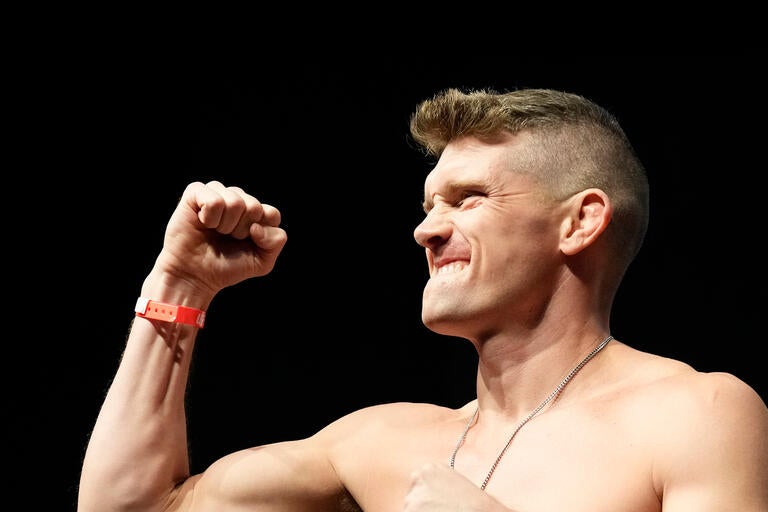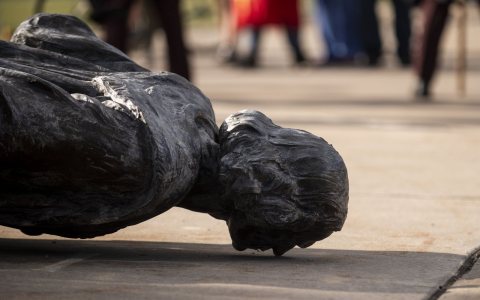Alright, so I had this thing I wanted to dive into – “Stephen Thompson Local One”. Sounds simple, right? But man, it turned out to be quite the journey. I started by digging around, trying to figure out what this Stephen Thompson was all about. I found out that he’s a name that pops up in different places, like art and even some church stuff.
First, I stumbled upon some art-related stuff. It talked about something called “Time-Released programming” and a performance by Andrew Tay and Stephen Thompson. They were messing around with how Asian folks are shown in art. They even had something to do with bananas. I thought, “Okay, this is interesting, but what’s the ‘Local One’ part?”

Then, I switched gears and looked into some writings about power and how people interact. There’s this thing called the PCS Model by a guy named Thompson. It’s all about how power works between people. I was getting a bit lost here, but I kept pushing because I really wanted to understand this “Local One” thing.
I also found some random bits about a guy named Stephen, who apparently helped the early church grow. It was kinda cool to read, but it didn’t really connect to what I was searching for.
Finally, I hit something that seemed relevant. It was about what “local” means. It talked about things happening in a community, like local demand and stuff. Now we’re talking! I felt like I was getting closer to the core of “Stephen Thompson Local One”.
Breaking It Down
- Local Demand: This is where stuff starts happening because people in the area want it. It’s not some big company deciding what’s up; it’s the folks on the ground.
- Community-Based: Everything is rooted in the community. It’s about what the locals need and want.
So, after all this digging, I started to piece together what “Stephen Thompson Local One” might mean. It seems like it’s about this guy, Stephen Thompson, and his impact on a local level. Maybe it’s about how he’s involved in his community, or how he’s influencing things around him. I guess it could be through art, like that performance thing, or maybe through ideas about power and community, like in that PCS Model.
Honestly, I’m still not 100% sure, but I feel like I’ve got a better grip on it now. It’s been a wild ride, jumping from art to power dynamics to church history. But hey, that’s what makes these deep dives so much fun, right? You never know where you’ll end up!
















